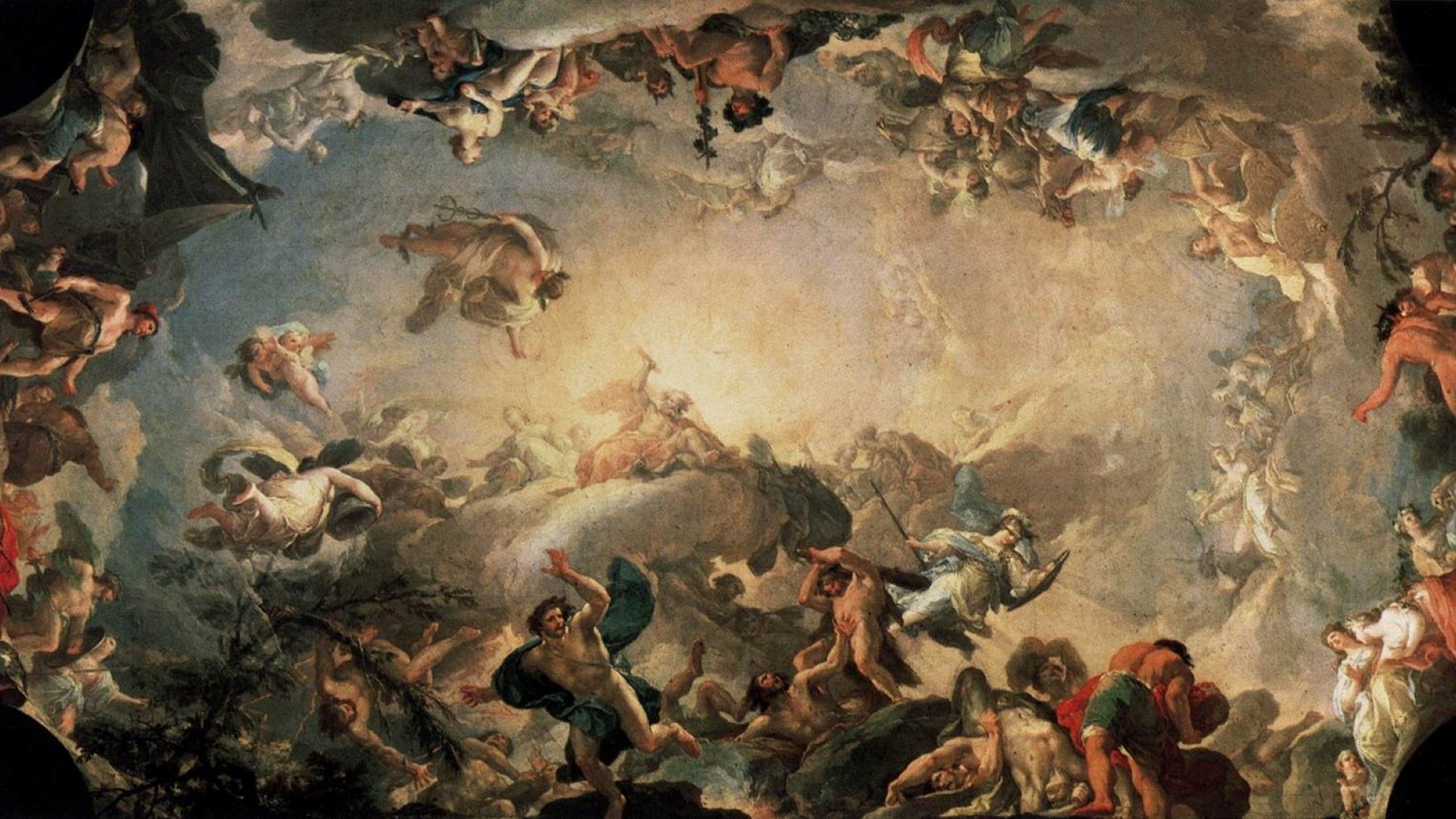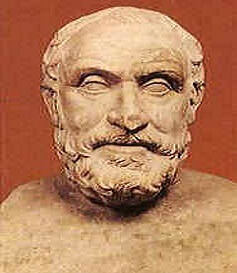
Scepticism

The practical tendency of Stoicism and Epicureanism, seen in the search for happiness, is also apparent in the Skeptical School founded by Pyrrho of Elis (about 365-275 BCE).
Pyrrho disputes the possibility of attaining truth by sensory apprehension, reason, or the two combined, and thence infers the necessity of total suspension of judgment on things.
Thus can we attain release from all bondage to theories, a condition which is followed, like a shadow, by that imperturbable state of mind which is the foundation of true happiness. Pyrrho's immediate disciple was Timon.
Pyrrho's doctrine was adopted by the Middle and New Academies, represented by Arcesilaus of Pitane (316-241 BCE) and Carneades of Cyrene (214-129 BCE) respectively.
Both attacked the Stoics for asserting a criterion of truth in our knowledge; although their views were indeed skeptical, they seem to have considered that what they were maintaining was a genuine tenet of Socrates and Plato.
The latest Academics, such as Antiochus of Ascalon (about 80 BCE), fused with Platonism certain Peripatetic and many Stoic dogmas, thus making way for Eclecticism, to which all later antiquity tended after Greek philosophy had spread itself over the Roman world.
Roman philosophy, thus, becomes an extension of the Greek tradition.
After the Christian era Pythagoreanism, in a resuscitated form, again takes its place among the more important systems. Pyrrhonian skepticism was also re-introduced by Aenesidemus, and developed further by Sextus Empiricus.
But the preeminence of this period belongs to Platonism, which is notably represented in the works of Plutarch of Chaeronea and the physician Galen.
Our Mobile Application
Check out Our Mobile Application "Ancient Greece Reloaded"


